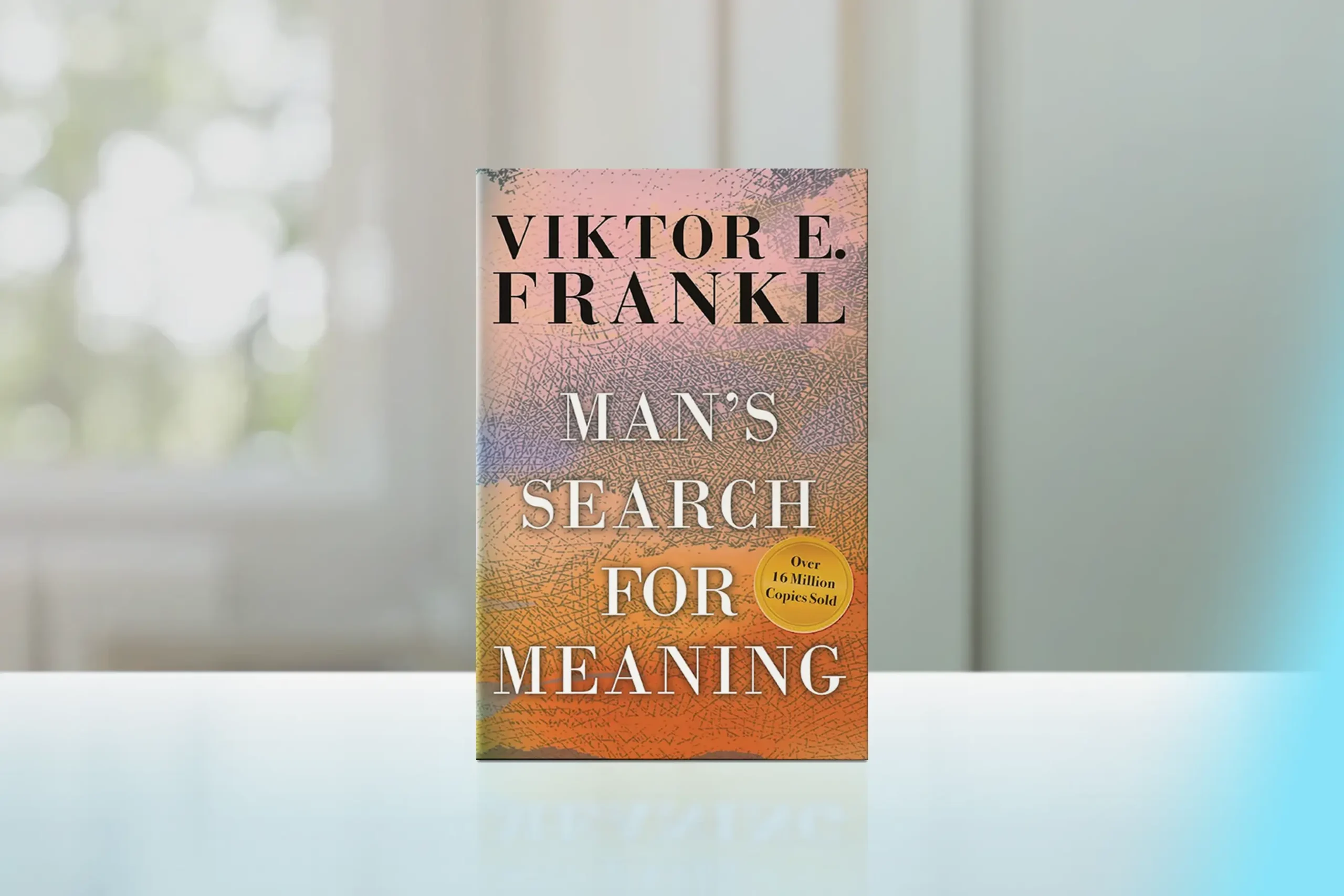In the realm of psychological literature, few books have left as lasting an impact as Viktor E. Frankl’s “Man’s Search for Meaning.” First published in 1946, this powerful memoir and psychological treatise draws from Frankl’s harrowing experiences as a Holocaust survivor to present a deeply moving and insightful exploration of human suffering, resilience, and the quest for purpose.
As we navigate the challenges of modern life, Frankl’s message remains profoundly relevant, offering a beacon of hope and a framework for finding meaning in even the most dire circumstances. This book isn’t just a tale of survival; it’s a testament to the indomitable human spirit and a guide to living a life of purpose.
Core Concepts
Frankl’s work revolves around several key ideas that form the foundation of his logotherapy approach:
- The primary human drive is not pleasure, but the pursuit of what we find meaningful
- We cannot avoid suffering, but we can choose how to cope with it and find meaning in it
- Our attitude in facing unavoidable suffering is a key to finding purpose
- Life always has meaning, even in the most miserable circumstances
- We have the freedom to find meaning in what we do, what we experience, or the stand we take when faced with a situation of unchangeable suffering
- The importance of responsibility – we are answerable to life and must actualize potential meaning
Through these concepts, Frankl challenges readers to reframe their approach to life’s challenges and to actively seek meaning in their experiences.
Chapter-by-Chapter Review
Part One: Experiences in a Concentration Camp
In this profoundly moving section, Frankl recounts his harrowing experiences in Nazi concentration camps. He examines the psychological stages prisoners endured and highlights how some managed to preserve inner freedom and human dignity despite the unimaginable conditions, showcasing human resilience and the search for meaning even in extreme suffering.
Part Two: Logotherapy in a Nutshell
Frankl introduces his psychotherapeutic approach, logotherapy, explaining its central concepts, including the will to meaning, existential frustration, and noogenic neuroses. Through compelling examples and case studies, he demonstrates how logotherapy can guide individuals to discover personal purpose and navigate life’s challenges with clarity and resolve.
Part Three: The Case for Meaning for Meaning
In this additional section, included in later editions, Frankl expands on his ideas, exploring how to maintain optimism in the face of life’s “tragic triad”—pain, guilt, and death. He emphasizes that meaning exists in every circumstance and that we always retain the freedom to choose our attitude, reinforcing hope, responsibility, and resilience.
Key Strengths
- Offers profound insights into human nature and the human capacity for resilience
- Provides a powerful framework for finding meaning and purpose in life
- Combines personal narrative with psychological theory in a compelling way
- Presents complex ideas in an accessible and deeply moving manner
- Offers practical wisdom applicable to a wide range of life situations
Potential Drawbacks
- The descriptions of concentration camp experiences may be distressing for some readers
- Some may find the philosophical and psychological concepts challenging to grasp initially
- The book’s message of finding meaning in suffering might be difficult for some to accept or apply
Who This Book Is For
Man’s Search for Meaning is a profound read that can benefit a wide audience, including:
- Anyone grappling with life’s big questions about purpose and meaning
- Individuals facing personal hardships or existential crises
- Mental health professionals and students of psychology
- Those interested in personal growth and self-discovery
Final Review
Viktor E. Frankl’s Man’s Search for Meaning is a remarkable work that transcends time and culture, offering invaluable insights into the human condition. By sharing his experiences and psychological theories, Frankl provides not just a survival story, but a guide to living a life of purpose and meaning.
The book’s power lies in its ability to transform our perspective on suffering and challenge us to find meaning in our own lives, regardless of our circumstances. Frankl’s writing is at once deeply personal and universally applicable, making complex psychological concepts accessible and profoundly moving.
While the subject matter can be heavy at times, the ultimate message is one of hope and empowerment. Frankl shows us that we always have the freedom to choose our attitude, even in the face of unimaginable adversity.
Rating: 4.7/5
This book is an essential read that has the power to change your perspective on life and inspire you to find meaning in your own journey.
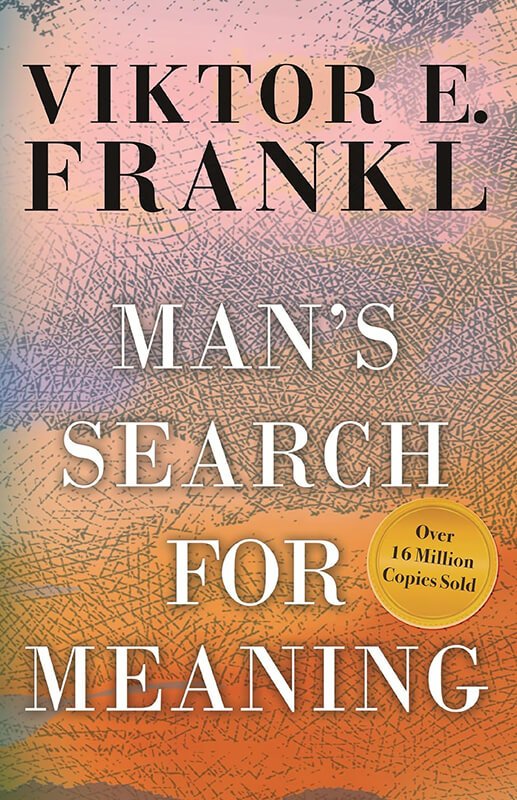
Alternative Books
Alternative books you might also appreciate:
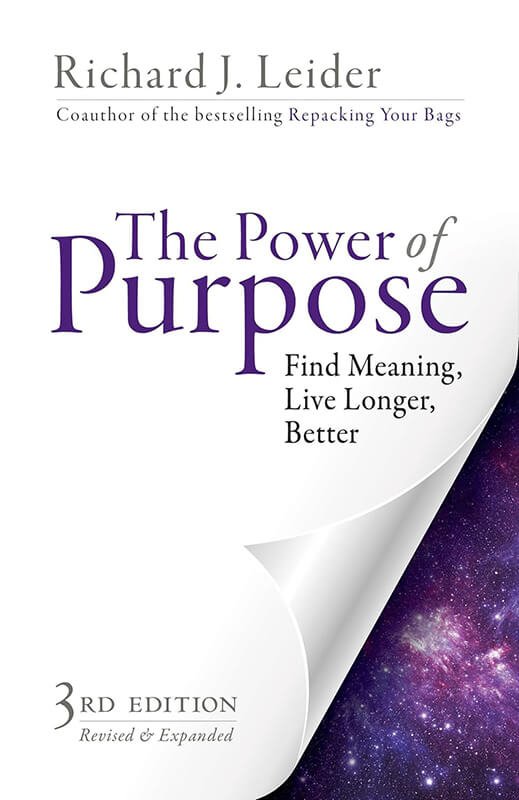
The Power of Purpose by Richard J. Leider
A guide to discovering your unique gifts and applying them to create a more meaningful life.
Rating: 4.2/5
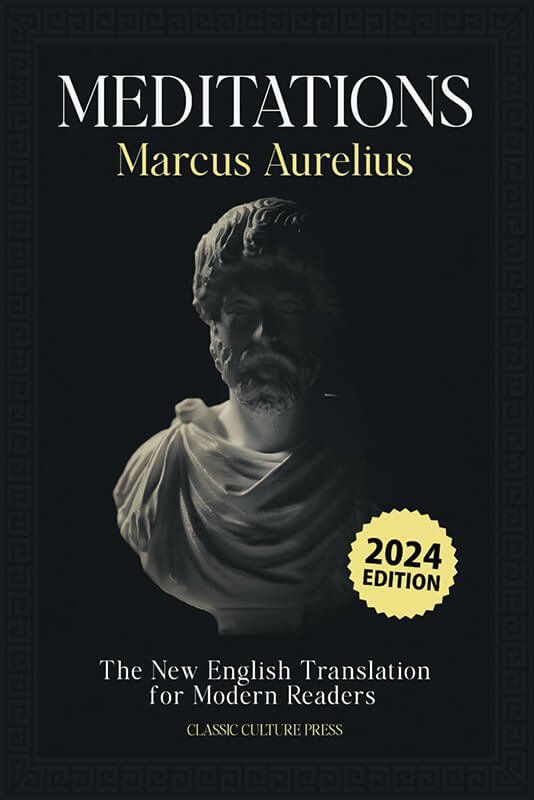
Meditations by Marcus Aurelius
A collection of personal writings by the Roman Emperor, offering timeless wisdom on living a virtuous and meaningful life.
Rating: 4.7/5
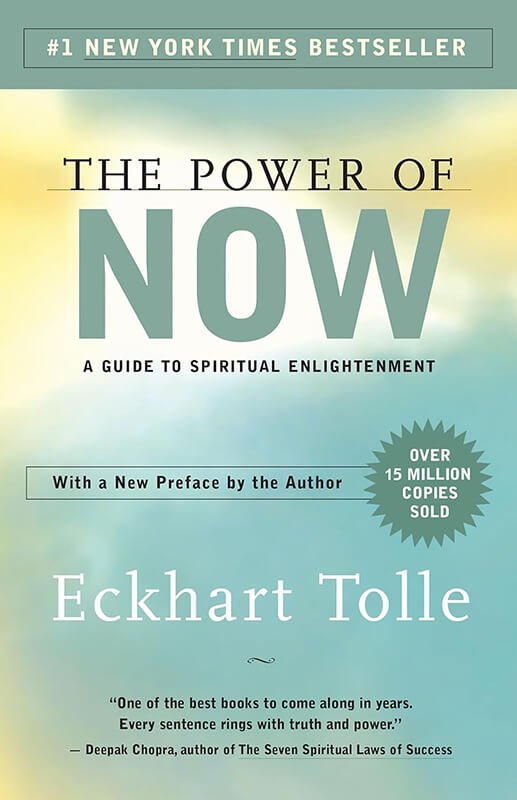
The Power of Now by Eckhart Tolle
A guide to spiritual enlightenment that emphasizes living in the present moment as a path to happiness and inner peace.
Rating: 4.6/5

